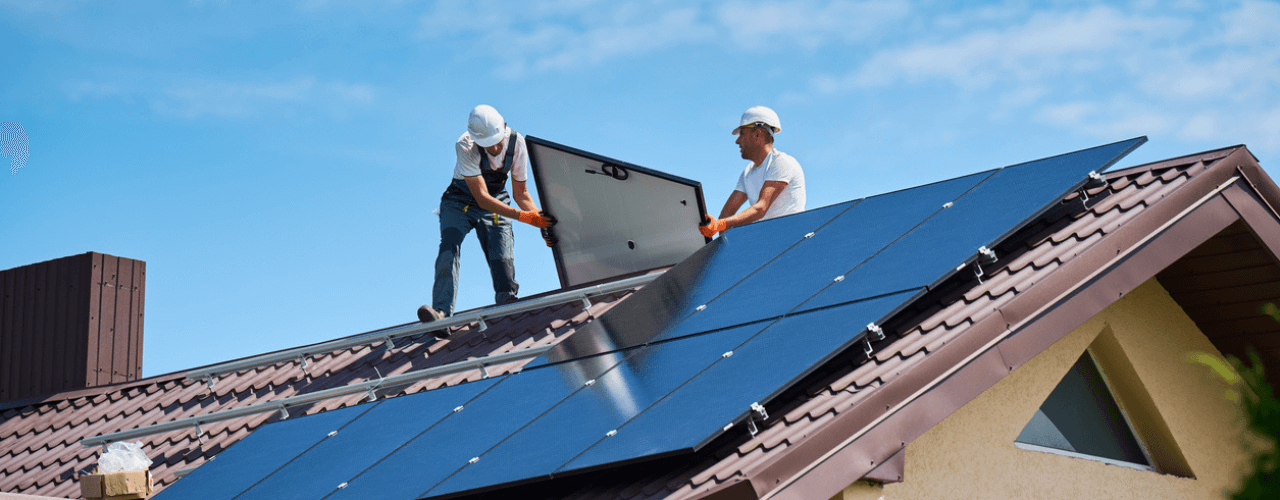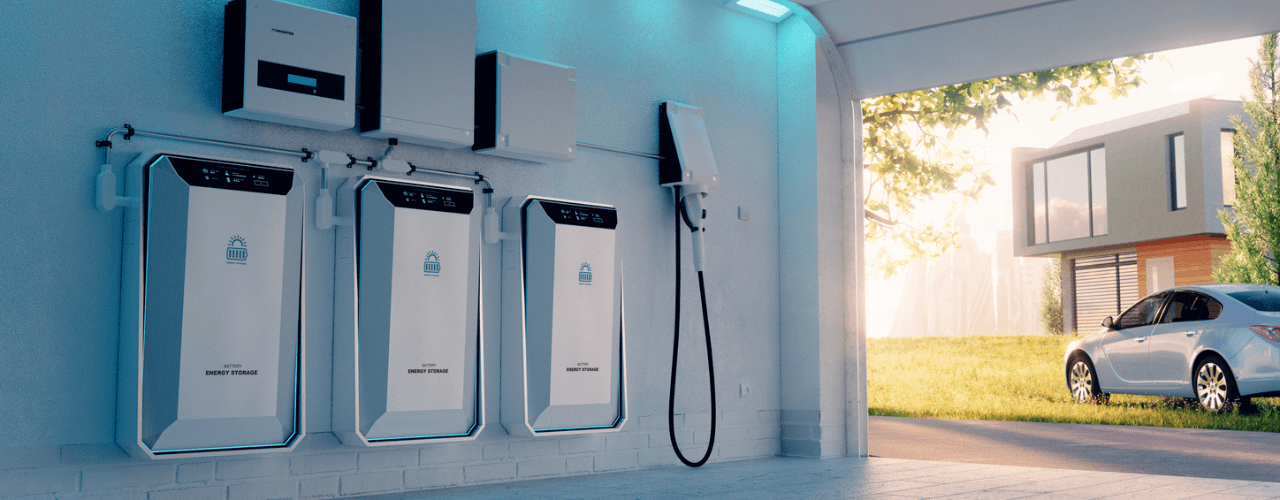
Renewable energy solutions for UK homes and businesses: What are your real options?
Energy bills keep climbing and so does the need to reduce carbon emissions. For UK...

Solar
As energy bills continue to climb and households look for sustainable solutions, solar carports are emerging as a compelling option for generating renewable energy. With the ability to save money, power homes, and charge electric vehicles, these structures offer a unique alternative to rooftop solar panels. But are they worth the investment?
Let’s break down the costs of solar carports and determine whether they’re the right choice for your home.
A solar carport is a covered parking structure equipped with solar panels on its roof, unlike traditional carports, these generate electricity by sunlight. Solar carports are particularly appealing to homeowners who may not have the option of installing rooftop solar panels due to shading, structural issues, or aesthetic concerns. They’re also ideal for those looking to expand their existing solar capacity or power an electric vehicle with clean energy.
One of the most significant factors to consider when evaluating solar carports is the upfront cost. Installation costs vary depending on the size and complexity of the structure:
These costs include not only the solar panels but also the structure itself, which provides weather protection and adds value to your property. While solar carports are more expensive than rooftop panels (which range between £4,000 and £6,000 for similar capacity), they may be the better option for homes with unsuitable roofs or those looking for additional solar power generation.
The savings generated by a solar carport depend on factors such as sunlight exposure, energy consumption, and whether excess energy is fed back into the grid. Here’s a rough estimate of potential savings:
Over time, these savings can offset the initial investment, with a typical payback period of 8 to 10 years. However, with energy prices expected to remain high, the long-term financial benefits could prove even more appealing.
For many households, rooftop solar panels remain the first choice due to their lower cost and straightforward installation. However, solar carports offer distinct advantages:
For homeowners with electric vehicles, solar carports offer a unique advantage. By generating clean energy directly on-site, you can reduce reliance on grid electricity, which may still come from fossil fuel sources. Charging your car with solar energy not only cuts costs but also reduces your carbon footprint. Additionally, solar carports provide shade for parked vehicles, keeping them cool and potentially extending battery life.
Barriers to Adoption
While the benefits of solar carports are clear, there are some barriers to widespread adoption:
Despite these challenges, interest in solar carports is growing, with the European market projected to expand from approximately £175 million in 2024 to £382 million by 2032. This reflects a compound annual growth rate of around 10.3%. In the UK, the rapid adoption of solar energy solutions suggests a positive trend for solar carports, offering significant potential for households with suitable driveways.
While specific data on the number of residential solar carports in the UK is limited, the overall growth in solar installations and the expanding market for solar carports in Europe and the UK suggest a positive trend.
It’s also worth mentioning that the UK government’s renewable energy strategy also includes encouraging solar installations. This also includes carports, to help households reduce their energy bills and fight climate change. While the technology is still niche, experts believe there is significant room for innovation and cost reductions as the market matures.
The answer depends on your individual circumstances. If your roof isn’t suitable for solar panels or you’re looking to expand your renewable energy capacity, a solar carport can be an excellent investment. Electric vehicle owners, in particular, will benefit from the ability to generate clean energy on-site while protecting their vehicles.
However, the higher upfront costs mean that solar carports may not be the best option for everyone. Careful consideration of your budget, driveway suitability, and energy needs is essential. With energy prices projected to stay high for the foreseeable future, solar carports offer a sustainable and financially viable solution for those ready to invest in renewable energy.
At ESS, we specialise in tailored solar solutions, including solar carports, designed to meet your unique needs. Contact us today to explore how you can take the next step towards energy independence and sustainability.

Energy bills keep climbing and so does the need to reduce carbon emissions. For UK...

Commercial solar helps cut costs and hit sustainability targets both smart moves for today’s business...

Home energy habits are changing. As more people install solar panels and adopt smart technologies,...
We’re here to help with all your renewable energy needs.
Contact us today for expert advice, consultations, and support.